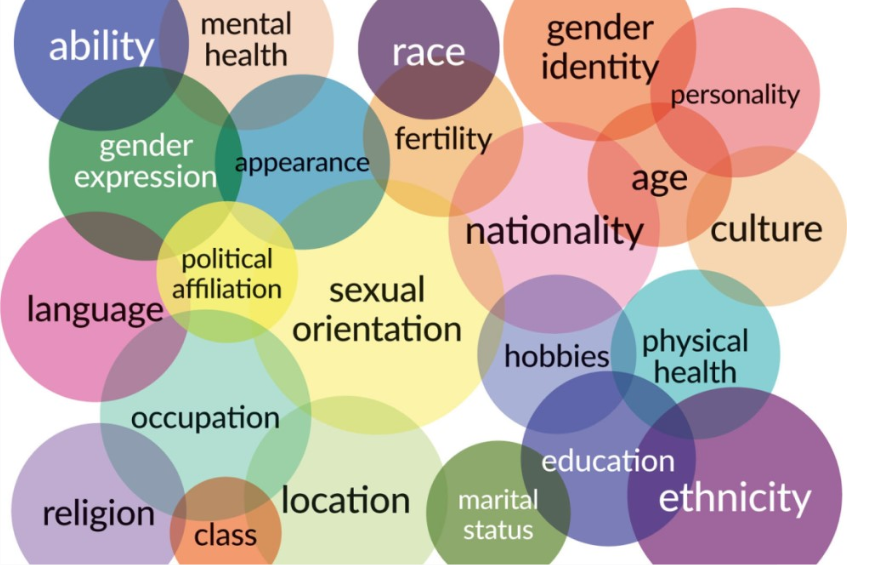The theoretical framework that underpins feminist thought
- Nov 9, 2023
- 2 min read
Feminist thought is grounded in a theoretical framework that seeks to understand and address the social, political, and economic inequalities between genders, with a focus on women's experiences and perspectives. This framework encompasses various concepts, including patriarchy and gender performativity, which are central to feminist analysis and discourse. Let's explore these concepts in more detail:
Patriarchy:
Patriarchy is a foundational concept in feminist thought. It refers to a system of social organization and power that is characterized by male dominance and the subordination of women. Patriarchy is seen as a deeply ingrained and pervasive social structure that influences and shapes various aspects of society, including politics, economics, culture, and family dynamics. Feminists argue that patriarchy perpetuates gender inequalities and reinforces the power imbalances between men and women. Overcoming patriarchy is a fundamental goal of feminist movements, aiming to create a more equitable society.

Gender Performativity:
Gender performativity is a concept developed by philosopher and gender theorist Judith Butler. It challenges traditional understandings of gender as something fixed and biologically determined. According to Butler, gender is not an inherent or stable identity but rather a social construct that individuals perform through their actions, behaviors, and expressions. In other words, people "do" or "perform" their gender roles based on societal expectations. Gender performativity suggests that there is no single, essential way to be a man or a woman; instead, individuals continually construct and negotiate their gender identities through their daily actions.

Intersectionality:
Intersectionality is another key concept in feminist thought. It was developed by Kimberlé Crenshaw and highlights the interconnectedness of various social identities, such as gender, race, class, and sexuality. Intersectionality recognizes that individuals can experience multiple forms of discrimination and oppression simultaneously, and these intersecting identities shape their experiences in complex ways. By considering intersectionality, feminists aim to address the unique challenges and experiences of different groups of women and promote more inclusive and equitable feminist activism.

"The Personal is Political":
This slogan, popularized in the second-wave feminist movement, underscores the idea that personal experiences and individual lives are deeply intertwined with larger social and political structures. It encourages women to recognize and challenge the ways in which their personal experiences, such as domestic violence or workplace discrimination, are rooted in broader systems of oppression like patriarchy.

Feminist Epistemology:
Feminist epistemology questions traditional ways of knowing and emphasizes the importance of women's experiences and voices. It suggests that dominant knowledge systems often exclude or marginalize women's perspectives. Feminist scholars argue for the inclusion of diverse voices and experiences to produce a more complete and accurate understanding of the world.

These concepts, along with others, form the theoretical underpinnings of feminist thought. They provide a framework for analyzing and critiquing gender-based inequalities, advocating for social change, and promoting gender equity and justice. Feminism encompasses a wide range of perspectives, including liberal feminism, radical feminism, black feminism, and queer feminism, among others, each with its own emphasis and approach to addressing gender issues.
Sources:







Comments